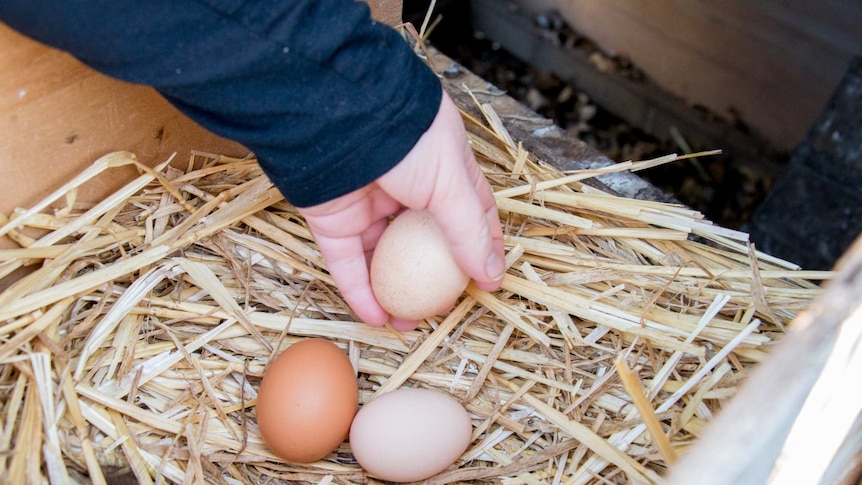For many chicken enthusiasts, the question of how long does a hen stay broody is both intriguing and essential. Broodiness in hens is a natural behavior where a hen desires to hatch eggs and raise chicks. This behavior can be fascinating to observe but also challenging for those managing a flock. Understanding the duration of broodiness is critical for optimal poultry management.

What is Broodiness?
Broodiness is a maternal instinct that compels a hen to incubate eggs. During this phase, a hen will sit on eggs to keep them warm, often refusing to leave the nest. This instinct is strong and can affect her behavior and health if not managed properly.
Typical Duration of Broodiness
The typical duration of broodiness can vary. Most hens remain broody for about three weeks, which is the average time it takes for chicken eggs to hatch. However, some hens may stay broody for shorter or longer periods depending on various factors.
Factors Influencing Broodiness Duration
Several factors can influence how long a hen stays broody. These include:
- Breed of the Hen: Some breeds are more prone to broodiness than others. Breeds like Silkies and Cochins are known for their strong broody tendencies.
- Environmental Conditions: The environment, including temperature and the availability of nesting materials, can impact broodiness.
- Presence of Eggs: If eggs are constantly removed, a hen may break her broodiness sooner.
Signs of a Broody Hen
Identifying a broody hen is crucial for managing your flock. Here are some common signs:
- Reluctance to Leave the Nest: A broody hen will spend most of her time in the nesting box.
- Fluffed Feathers: She may puff up her feathers to appear larger and more intimidating.
- Vocalization: Broody hens often cluck or growl when approached.
Managing a Broody Hen
Managing a broody hen involves ensuring her health and the overall well-being of your flock. Here are some tips:
Providing a Comfortable Nest
Ensure that the nesting area is comfortable and safe. Consider using organic bedding to keep the nest clean and cozy.
Monitoring Health
Broody hens may neglect their health. Ensure she has access to food and water. Regularly check her condition to prevent weight loss or dehydration.
Breaking Broodiness
Sometimes, it’s necessary to break a hen’s broodiness, especially if she is not sitting on fertile eggs. Here are some methods:
Removing Eggs
Regularly removing eggs can discourage broodiness. It’s important to gather eggs frequently to prevent the hen from sitting on them.
Cooling Methods
Placing the hen in a wire-bottom cage can help cool her down and break the broody cycle. Ensure the cage is safe and comfortable.
Benefits and Challenges of Broodiness
Understanding the benefits and challenges of broodiness can help you manage your flock effectively:
Benefits
Natural Incubation: Broody hens can naturally incubate eggs, reducing the need for artificial incubators.
Challenges
Reduced Egg Production: Broody hens stop laying eggs, which can affect egg production.
When to Seek Help
If a hen remains broody for an extended period or shows signs of illness, it’s important to seek help from a veterinarian or poultry expert.

FAQs on Broody Hens
How can I tell if my hen is broody?
A broody hen will spend most of her time in the nesting box, puff up her feathers, and may become aggressive when approached.
What should I do if my hen is broody?
Ensure she has access to food and water, and monitor her health. Consider breaking her broodiness if necessary.
How long can broodiness last?
Broodiness typically lasts around three weeks, but it can vary depending on the hen and environmental factors.
For more information on managing broody hens, visit this resource.
Understanding how long a hen stays broody and the factors influencing this behavior can help you maintain a healthy and productive flock. By implementing proper management techniques, you can ensure the well-being of your broody hens and the overall success of your poultry venture.
This article contains affiliate links. We may earn a commission at no extra cost to you.











